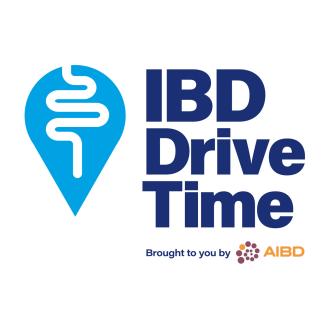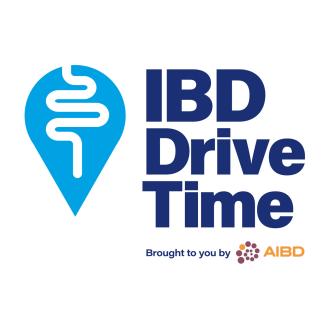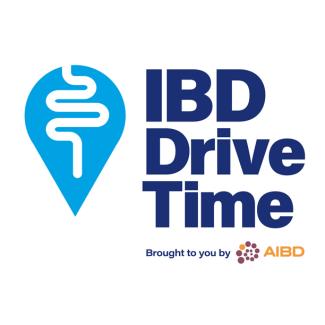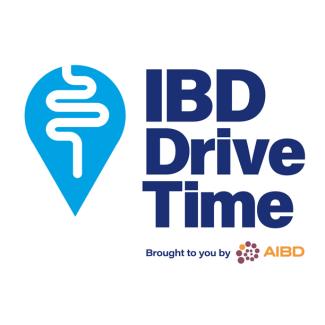David Rubin, MD, on Advances in Anti-TNF Therapy for IBD
Dr Rubin provides an overview of his presentation at the Chicago AIBD regional meeting on advances in tumor necrosis factor therapy for IBD, including biosimilars and subcutaneous formulations.
David T. Rubin, MD, is the Joseph B Kirsner Professor In Medicine, chief of Gastroenterology, Hepatology, and Nutrition, and codirector of the Inflammatory Bowel Disease Center at the University of Chicago School of Medicine.
Hi, it's David Rubin from the University of Chicago. I'm at the regional AIBD meeting in Chicago this weekend, which I'm happy to be participating in. And one of my presentations is reviewing the anti-TNF therapies. Of course, this represents the oldest biological therapy we've had in inflammatory bowel disease. I'll remind you that infliximab was the first therapy that was actually approved by the FDA for Crohn's disease all the way back in 1998. And we subsequently had a number of subcutaneous injectable anti-TNFs, that includes adalimumab, certolizumab pegol, and golimumab.
But most recently, of course, we have our biosimilars of infliximab and adalimumab and a new formulation of infliximab, which is subcutaneous, where you give IV loading and then sub-Q maintenance. And so that's not a biosimilar. It's not a biosimilar to infliximab or adalimumab in the way we currently think of it. It's actually a new formulation because of that different delivery system.
And so in my talk, I emphasize all the things we've learned about anti-TNF over these years. We learned what a biological therapy is in the GI space. We learned about the challenge of using these therapies in induction and maintenance to avoid immunogenicity and what immunogenicity is and how important it is to understand that with these therapies. We also learned about cycling within a class. We learned about reactive therapeutic drug monitoring, and proactive therapeutic drug monitoring, or serum concentration assessments.
And most recently now we've learned about how to deliver the therapies with more pharmacokinetic benefit. By giving an injectable every 2 weeks we get higher serum concentrations and we can avoid some of the challenges we've seen over the years with our high peaks and troughs of our IV infusions. So lots of advances in TNFs, they're still our old standby and they are still very appropriate therapies for our patients with moderate to severe IBD.
It's also true of course that they work well for people who have concomitant joint problems, inflammatory arthropathies or even arthralgias. These are treatments that we prefer and to this day the only therapy that has its own label for perianal and fistulizing Crohn's disease is infliximab.
So there's still a lot for us to understand about these treatments and obviously we've now mastered some of it but it remains an important part of our management for people with IBD. Thank you for listening and I hope that you'll be able to learn some more about this and use it for your patients.





















